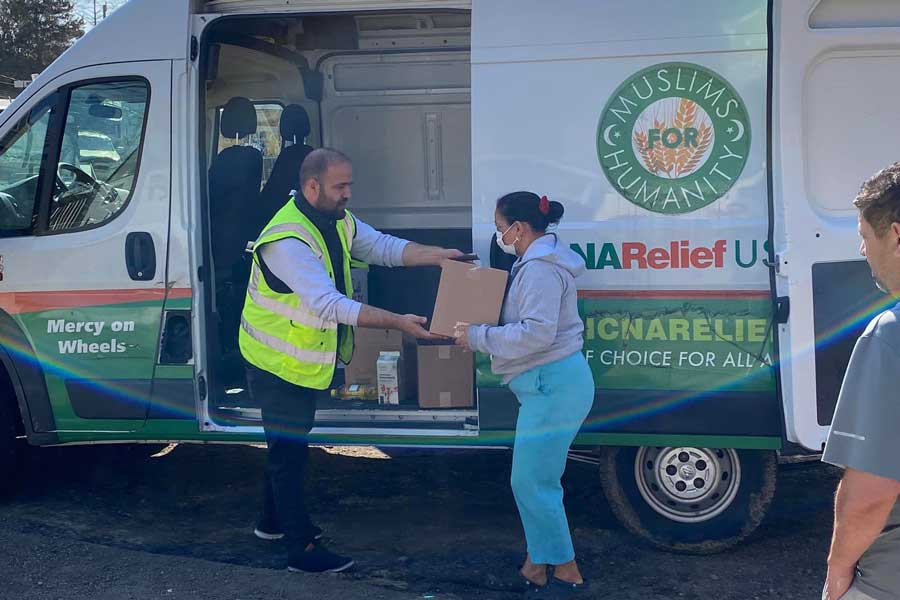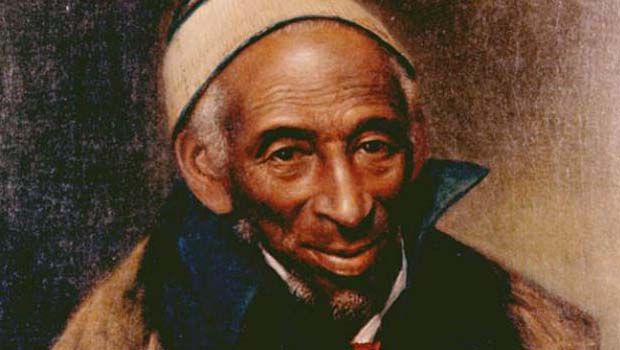One of the greatest challenges of national governments should be to ensure, in all ways possible, the health and well-being of one of the most vulnerable groups of its population — the elderly. Beginning with Franklin Delano Roosevelt’s twelve years as president, presidential administrations and their congressional legislatures have realized varying degrees of success trying to create a social safety net for those who, without government intervention, would fall through the proverbial cracks. Although food, clothing, and shelter are essential life-sustaining elements, food access is, of course, most critical for human survival. The United States Department of Agriculture defines food insecurity as “…A lack of consistent access to enough food for an active, healthy life…Hunger refers to a personal, physical sensation of discomfort, while food insecurity refers to a lack of available resources for food at the household level.”
Food Insecurity in the General Population
The primary reason for food insecurity is the lack of money and reliable access to a sufficient quantity of affordable, nutritious food. The label “food insecurity” was introduced by the Department of Agriculture a few years ago to replace the designation “starvation.” To facilitate food availability to the most vulnerable populations, the federal government created various assistance programs such as food stamps, now known as SNAP (Supplemental Nutrition Assistance Program), and WIC (Women, Infants and Children). After qualifying to receive cash benefits through SNAP, an EBT card is issued that allows for the purchase of most food items (EBT cannot be used to buy alcohol or tobacco, prepared foods, vitamins, and some other designated items). The WIC program is designed to ensure that women and their children have healthy and nutritious food.
The federal government identifies 46.2 million Americans as being impoverished, an astonishing 15 percent of the total population. Of that number, 16.4 million are children. Additionally, 22 percent of the American population younger than 18 live in poverty. Thirty-six million people in the U.S. receive EBT cards. In 2018, 6.87 million people received WIC benefits. Those beneficiaries include women, children, and infants. Unfortunately, social service assistance programs like EBT are typically the first to be cut by legislators during periods of economic decline. During the outbreak of the Coronavirus (COVID-19), President Trump attempted to cut 700,000 people from food stamps (EBT). A federal judge ordered a preliminary injunction and stay, blocking implementation of this assault on the poor.
Food Insecurity Amongst a Growing Demographic
The growth of the senior population in the U.S. has expanded more than the resources made available to serve them. Medical advances have contributed to the increase in the number of Americans 65 and older. As of 2019, the elderly population is reported to be 52 million, or 16 percent of the total population. According to statistics provided by AARP, “5.5 million adults 60 and older in 2017 were food insecure— meaning that they went hungry because they could not afford food.” While government programs help address this problem, they have not been able to fulfill all the nutritional needs of seniors. Volunteers servicing this population provide anecdotal information about seniors eating cheap pet food or making decisions whether to buy food or medication, a tragic choice to have to make.
Widening the Efforts to Feed Our Elders
In cities across the country, government food assistance programs are supplemented by the efforts of family members, community volunteers, neighbors, non-profit agencies, and religious groups. The organization Meals on Wheels is a program designed to assist the elderly and disabled to continue to live with independence and dignity, and without hunger, by providing daily free meals and human contact. Nationally, the Meals on Wheels program serves 220 million meals to more than two million seniors each year. Because of increased demand for their services, MOW typically has a waiting list, from 1,000 in Northern Florida to 35 in Waco, Texas. Food deliveries to seniors has expanded over the years and some groups use the Meals on Wheels designation although they may not be a part of the official network. ICNA Relief provides prepared meals and uncooked nutritional food items to the elderly in times of disaster and throughout the year. The food services of ICNA Relief are provided through a national network of units throughout the nation and in U.S. territories like Puerto Rico.
Believers are characterized by Allah SWT in the Qur’an as those who feed the poor: “We feed you only for Allah’s sake; we desire from you no reward or thanks. Verily, we fear from our Lord a Day, harsh and distressful” (76:9-10). It is incumbent upon all believers to serve the needs of their own families and loved ones while also attending to the needs of humanity. The elderly can easily be forgotten or neglected. We must not ignore our elders. We must mitigate as much as we can the loneliness and food insecurity that this “invisible” population endures. During pandemics like the Coronavirus, when everyone is concerned about their own survival, it is essential that we increase our support for the elderly. Identify groups like ICNA Relief and Meals on Wheels that will use your donations to support those in need, to make sure they know that their fellow human beings care about them.






